What is THC?
THC, also known as Tetrahydrocannabinol, is the key psychoactive compound in cannabis. It’s responsible for the ‘high’ people get when using marijuana. It binds to receptors in the brain and releases dopamine, creating a pleasant feeling. THC is used medicinally for pain relief and muscle spasms. Recreational use can cause various effects based on dosage and tolerance.
THC metabolizes slowly and is stored in body fat. Factors such as age, body weight, metabolism rate and frequency of use determine how long it takes to metabolize it from the system. Drug tests can detect THC-COOH up to 77 days after heavy use.
Fun Fact: The phrase “420” is associated with marijuana. It was coined by high school students who would meet at 4:20 PM each day to smoke pot outside their school in California. It became popular among weed lovers, who use it as code language.
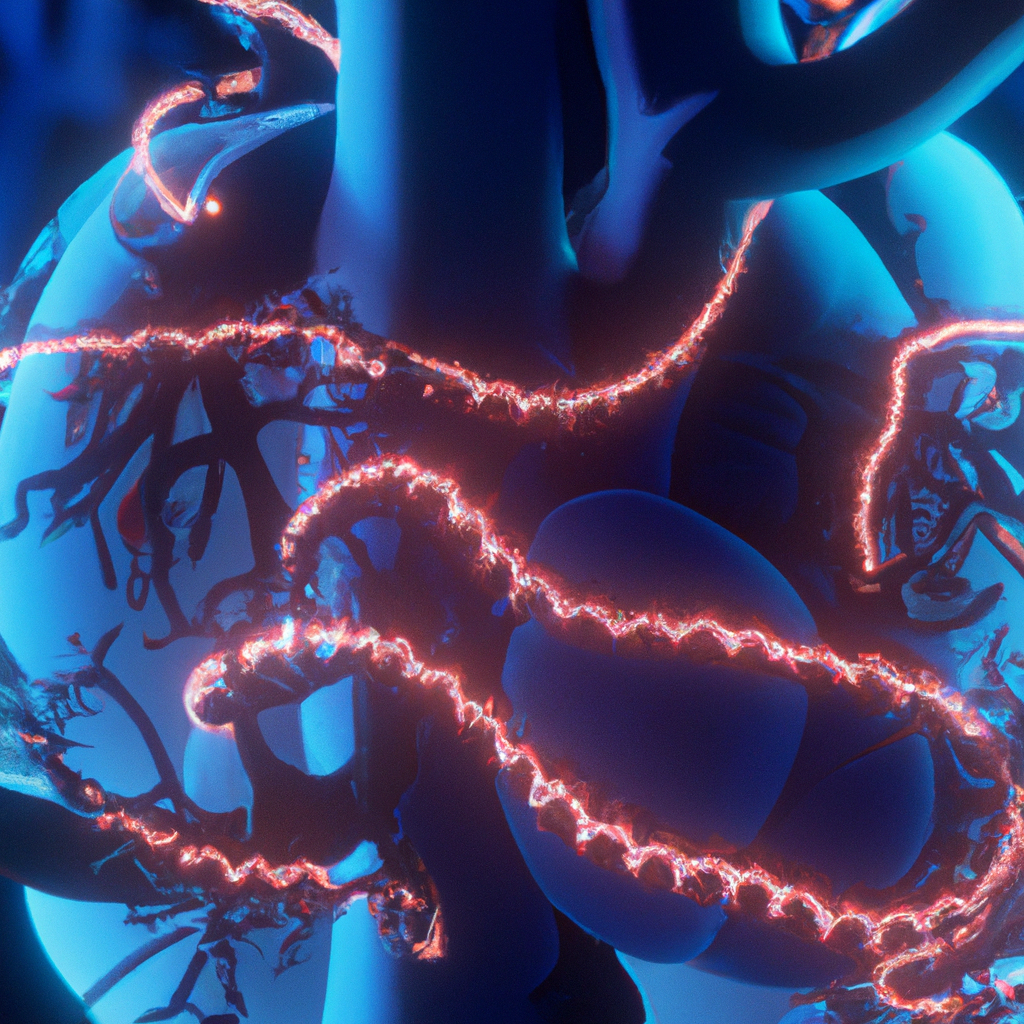
Factors Affecting THC Detoxification
To understand the various factors which impact THC detoxification, it is important to consider factors such as the age, sex, metabolism, weight, and hydration levels of the individual in question. Genetics, frequency of use, and the potency of the cannabis product also play an essential role in determining the length of time required for THC to be cleared from the body. Although some may attempt to expedite this process through detox kits, exercising or consuming fluids, it is fundamental to note that the efficacy of these methods is not conclusive. The rate at which the liver breaks down THC also contributes to the duration of THC in the system. The liver converts THC into metabolites, which are subsequently excreted through urine. The process of THC metabolism is influenced by several factors, particularly the cytochrome P450 enzyme system. This system comprises various enzymes responsible for breaking down drugs, including THC. Nonetheless, certain factors, such as the simultaneous use of other drugs which utilize these enzymes, can impair the body’s ability to process THC. It is interesting to note that the detection of THC is theoretically possible for up to three months following usage. This is because THC can bind to fat cells within the body, releasing gradually over time. This implies that even long after the initial usage, the body continues to release THC metabolites into the bloodstream, leading to an extended detection period. The use of cannabis has been around for centuries and boasted various uses. Over time and with prohibition, some people abused the product, leading international agencies to implement drug schedules. Research shows that the potency of modern cannabis has increased significantly and may reduce the clearance of THC in the body. As the discussion on the legality and use of cannabis continues, it is essential to note that despite all efforts, detoxification remains an extended and complex process for many. Let’s just say, if you’re a frequent user, you might want to start memorizing the number for pizza delivery.
Frequency of Use
The THC rate you consume affects the detox time your body needs. Heavy users have a longer detox than occasional users. It depends on personal factors like metabolism, weight and frequency of use. Abstaining from THC is the best way to stay clean and pass drug tests.
Generally, frequent users stay in their system for more time than occasional users. Heavy users take up to a month and occasional users take a few days or weeks. In some cases, after months of not using, chronic users still have THC in their system.
High-THC products slow down detoxification. Other factors such as hydration, diet, exercise and genetics affect how fast our bodies rid toxins.
Tip: Drink plenty of water and eat properly to help flush out THC faster. Avoid high-THC products if you want to pass drug tests. Consuming THC wisely is important for the detox journey – choose carefully.
Forms of Consumption
When it comes to consuming THC, there are several ways. Each has its own effects, potency, and onset speed. Here’s a quick rundown of the methods:
- Inhalation – Smoking or vaporizing cannabis quickly enters the lungs.
- Ingestion – Edibles, capsules, or tinctures take longer due to digestion and absorption.
- Topical – Creams or oils don’t have psychoactive effects, but are absorbed through the skin.
It’s worth noting that each method has its own benefits and risks for detoxification. Dosing accuracy can be a problem with edibles, and topical applications might not show long term changes in THC levels.
Interestingly, Cannabis was even used medicinally until the early 1900s. For instance, some say it was used for migraines and labor pains. If someone blames their slow metabolism for failing a drug test, I’d get a dollar!
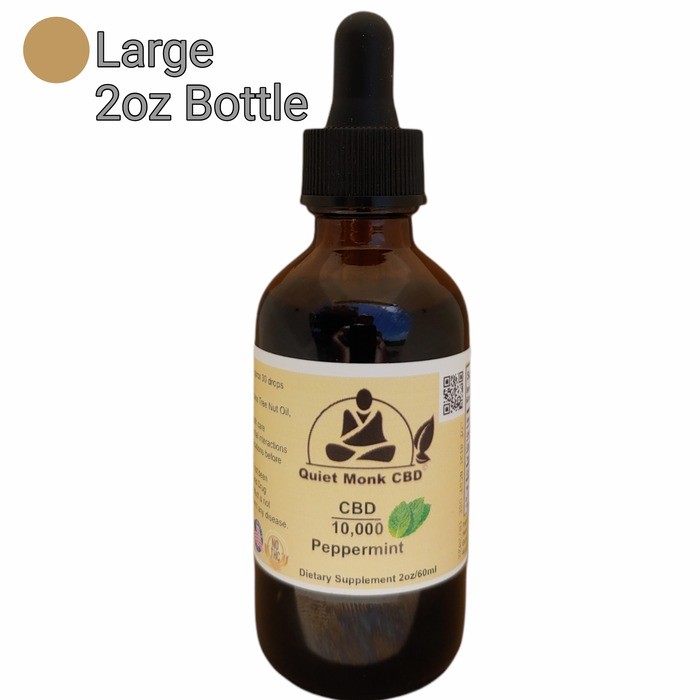
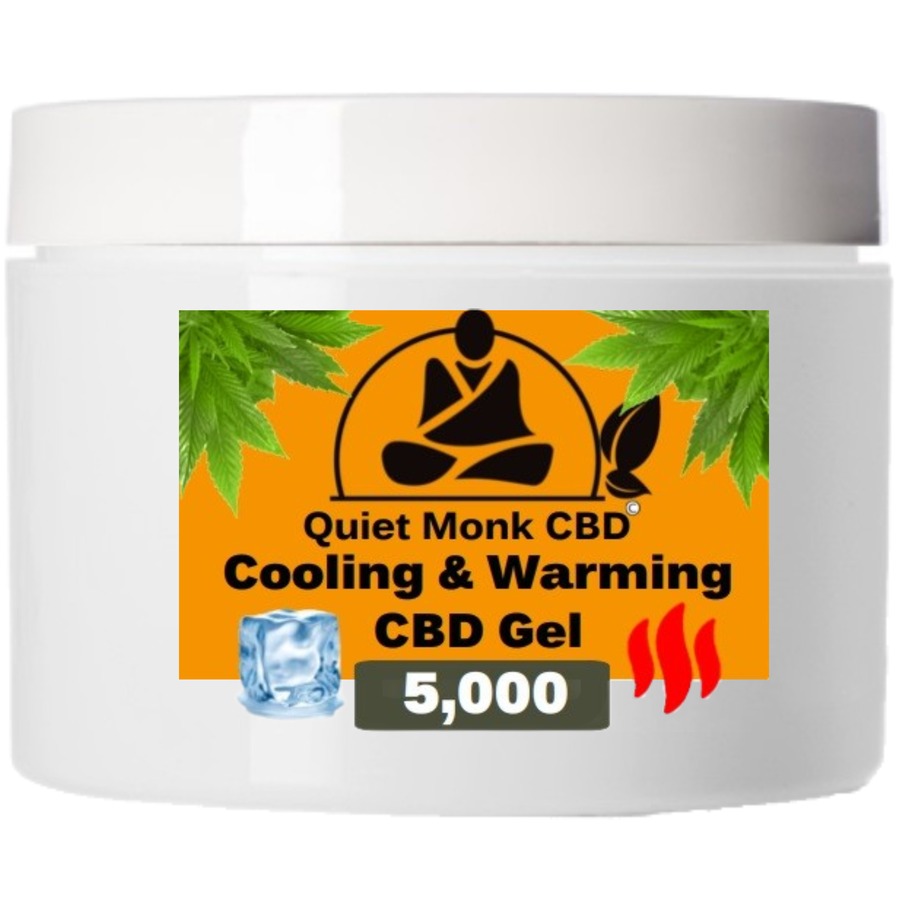
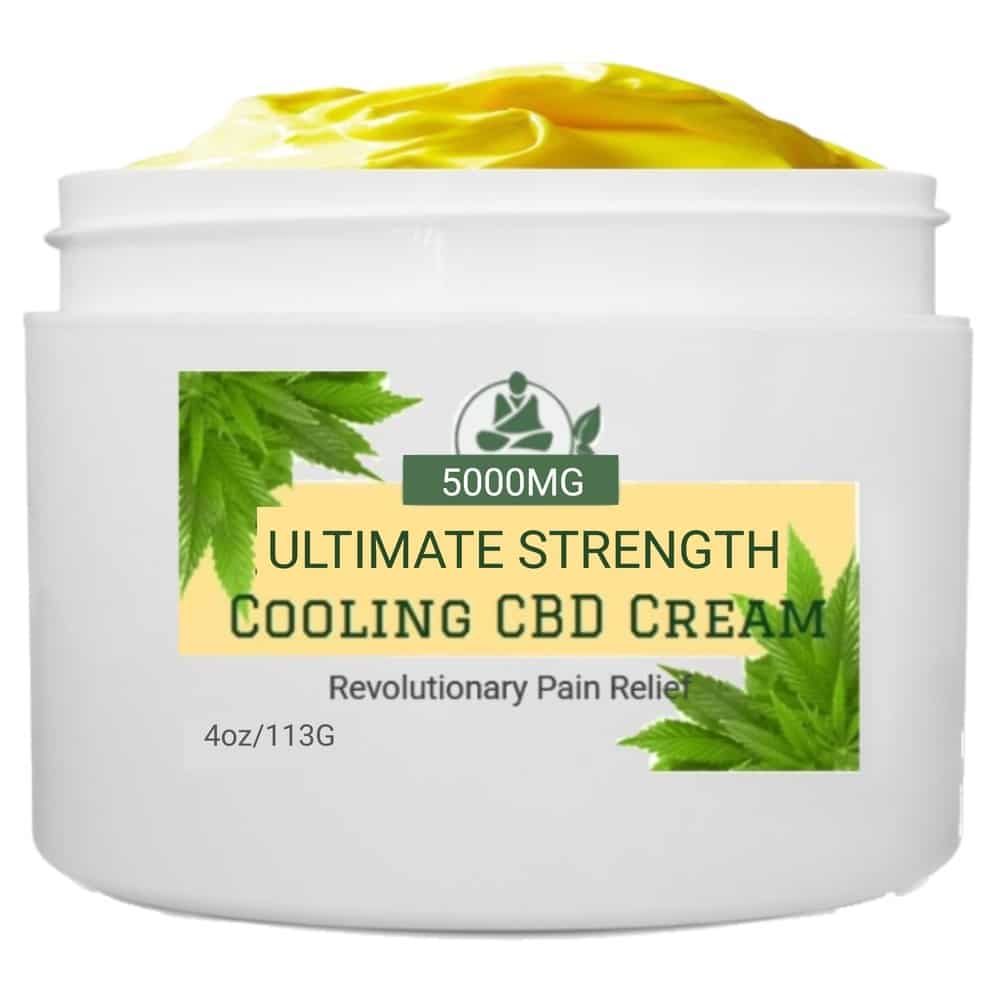
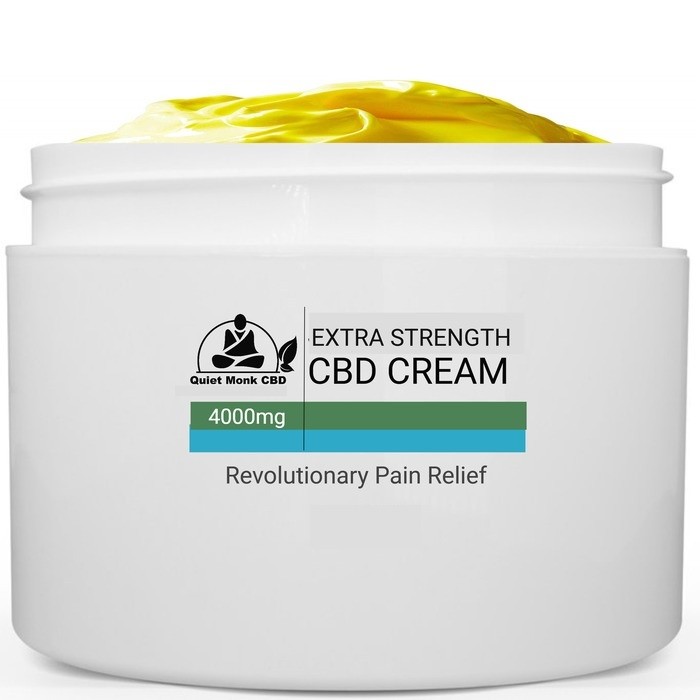
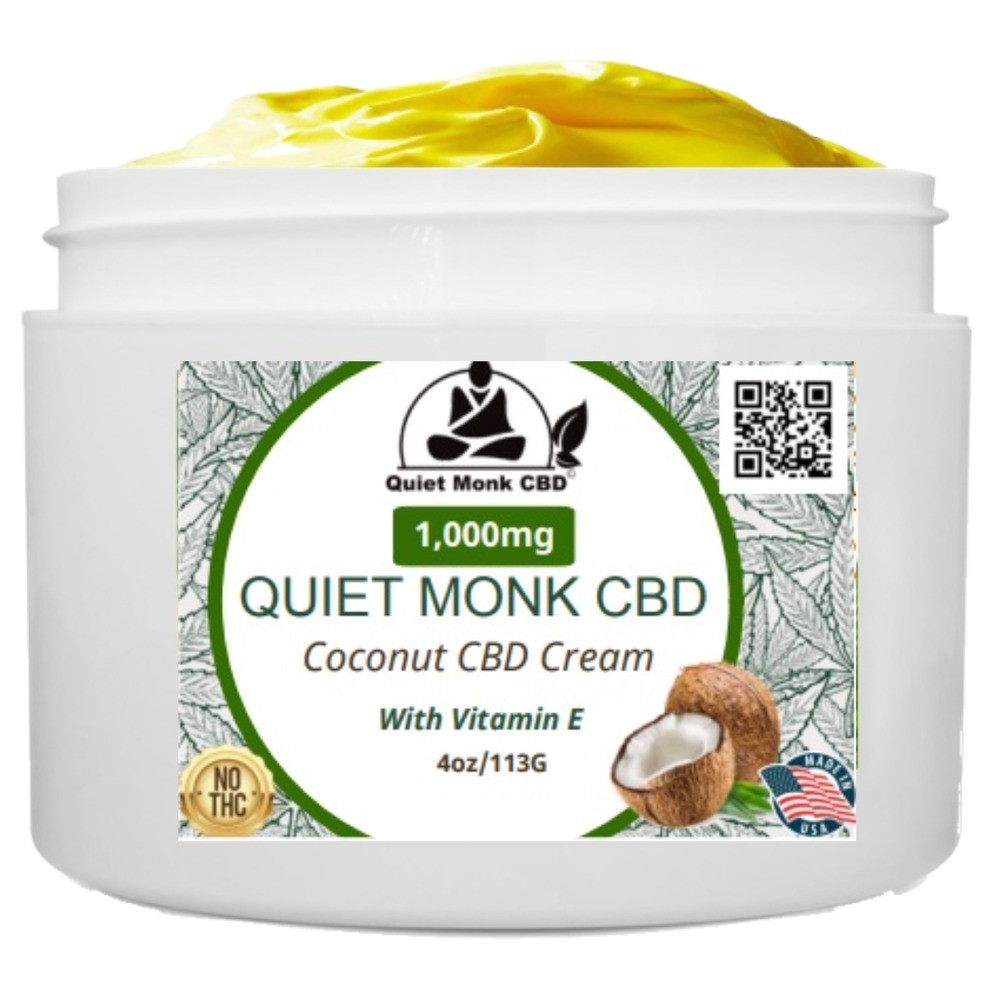
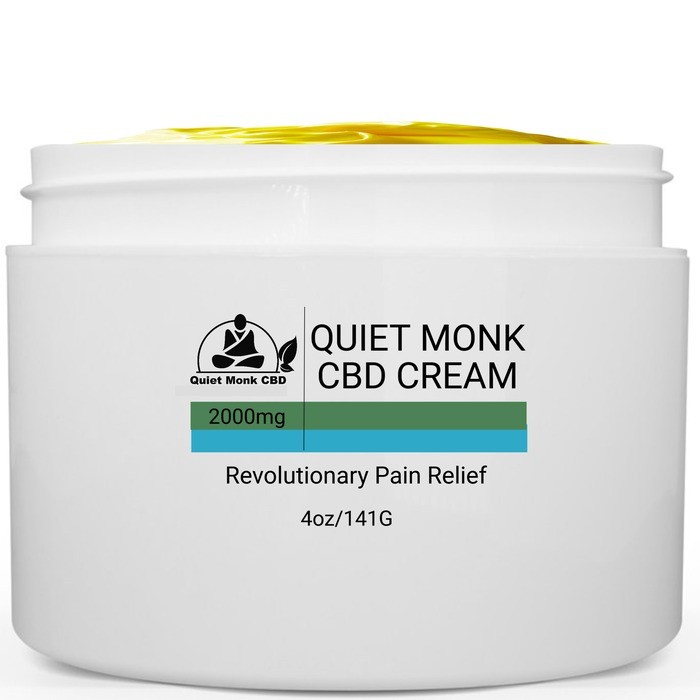
Metabolism and Body Fat Composition
THC detoxification can depend on various factors. Metabolism affects how quickly the liver breaks it down, while body fat holds onto THC for longer. Exercise and diet all influence the rate of elimination. Hydrating helps flush out toxins so make sure to drink lots of fluids! 75mg of THC might be small but it can stick around like a bad ex!
How Long Does 75mg of THC Stay in Your System?
Ingesting THC through edibles can lead to a longer detection time than smoking. The 75mg of THC in your system can be detectable in urine for up to 30 days. It is essential to remain cautious, as it may lead to legal implications in certain professions. Drinking water and leading a healthy lifestyle can help to detoxify your body naturally. Pro Tip: Consider taking a drug test to ensure that your system is clean before embarking on any employment opportunities.
I hope you’ve been drinking enough water, because this urine test is about to prove that you’re a real party animal.
Urine Testing
Analyzing urine is an easy way to test THC levels. Results can show if THC was used a few weeks prior. It’s become popular due to its accuracy and simplicity.
It’s important to note, urine analysis may not be able to tell the difference between recreational, medical, or prescribed use.
Mayo Clinic says the time THC stays detectable in urine depends on how much was used, how often, and when it was last used.
Urine analysis can provide accurate and helpful results for personal and legal purposes. Your boss may be able to detect your erratic behavior, but at least the THC will give him an excuse for it.
Detection Window
Want to know how long THC will stay in your body? You need to be aware of the detection window–the length of time it’s detectable in a drug test. To help, we’ve made a table with columns showing how long THC will stick around based on the test type.
For example, if you eat 75mg of THC, a saliva test will detect it 1-3 days later. A blood test could find it up to seven days later. Check out the table below for more info.
| Saliva Test | Blood Test | Urine Test | |
|---|---|---|---|
| 75mg THC | 1-3 Days | Up to 7 Days | Up to 30 Days |
Keep in mind that other factors influence the detection window, like dosage, usage frequency, metabolism rate, and body weight.
It’s wise to stay informed about how long substances remain in your system. That way, you can make informed decisions about consumption habits or prepare for drug tests.
Pro Tip: Drink lots of fluids and exercise regularly to flush THC out of your system faster. Just don’t exercise right before a drug test, since that could temporarily raise cannabinoid levels. Accuracy is overrated–unless you’re trying to measure how much regret you’ll feel after eating that extra edible.
Factors Affecting Accuracy
Precision of drug tests can be affected by a variety of biological and external factors. These elements can alter the length of time THC is in your system.
The table below shows some of these factors:
| Factors | Impact |
|---|---|
| Dosage | Higher Consumption → Longer Detection Time |
| Frequency of Usage | Frequent Dosing → Longer Detection Time |
| Body Mass Index (BMI) | People with Higher BMI or More Body Weight → Longer Detection Time |
| Metabolism | Faster Metabolism → Shorter Detection Window |
Certain medications, supplements, and diets might also affect drug test accuracy, leading to false-positive or false-negative results.
These elements are not definite, and may vary from person to person. It’s important to understand your body type and lifestyle choices.
Knowing these factors helps you make an educated decision before indulging or taking a drug test. THC can stay in your system for an extended period, so it’s essential to plan ahead to avoid any problems. Don’t miss out on this crucial info! Better hope you haven’t donated blood recently, ’cause that THC might still be hangin’ around like your last ex.
Blood Testing
Cannabinoid testing detects the presence and concentration of THC in a person’s blood. It enters the bloodstream quickly – in minutes! The length of time it stays in the system depends on factors like metabolism, frequency of use, dosage, and genetics.
75mg of THC will usually stay in the bloodstream for 2-6 hours. But everyone reacts differently to marijuana. So, know your body before you have a fun time consuming it. And remember, your window of opportunity to pass a drug test after consuming 75mg of THC may be short-lived.
Detection Window
The ‘Window of Detection’ is the duration 75mg THC stays in the human system. How long depends on metabolic rate, mode of consumption and frequency.
A table with headings such as ‘Mode of Consumption,’ ‘Metabolic Rate’, ‘Frequency’ can display info. Fast metabolic rate expels THC faster than slow.
Different drug tests detect THC for different times. For example, urine longer than blood or saliva. It’s important to know what test is used.
Failing a drug test could harm job prospects. So, stay informed about legal regulations and company policies. Also, don’t forget how many donuts you ate!
Factors Affecting Accuracy
Various factors affect how long THC stays in your system. Frequency, dosage, and method of consumption all have an impact. Here is a table to help you understand these factors:
| Factor | Description |
|---|---|
| Amount Consumed | Bigger amounts take longer to leave; small ones exit faster |
| Frequency of Use | High frequency leads to higher buildup, meaning it stays longer |
| Metabolism | Fast metabolism means shorter duration of detection |
| Body Fat Percentage | THC binds to fat cells, making it hard to eliminate; higher body fat keeps it in your system longer |
Age, gender, overall health, and meals also factor in. Knowing this can help you know when it is safe to drive or do other activities. Don’t forget: saliva testing can detect THC too!
Saliva Testing
Unlock the Power of Detecting THC through Saliva Sampling!
Saliva testing is gaining popularity as an easy, noninvasive method of determining cannabis use. THC can be present in saliva within minutes of use, offering a time window into the last few hours or days.
It’s a great choice for roadside tests, workplace screenings, or even home testing kits. And, it’s less expensive than other traditional testing methods.
But, there are factors that influence how long THC remains detectable in saliva. Metabolism rates, body weight, frequency, and amount of use can all affect detection times.
Be mindful of these variables when saliva testing for THC. With such an effective tool available, it’s essential to use every resource for our health and safety. THC can stick around for up to 30 days, so plan ahead!
Detection Window
Detection Window refers to the time THC can be detected. It differs based on body, how often you consume, metabolism and testing method. Here’s a table to show the windows for various tests:
| Testing Method | Detection Window |
|---|---|
| Urine | 2-30 days |
| Blood | 1-2 days |
| Saliva | 1-5 days |
| Hair | Up to 90 days |
Keep in mind that results may not match the table. Trying to flush THC with drinks or diuretics won’t work. A healthy lifestyle with exercise and hydration helps natural detoxification. Accuracy isn’t all that important anyways, just take another hit and forget about it.
Factors Affecting Accuracy
Factors Influencing THC Detection Precision
Several things can affect the accuracy of THC detection. The table below shows some important elements that have an impact on it.
| Factors | Impact on Accuracy |
|---|---|
| Body Fat | Higher fat content means detection time gets longer. |
| Frequency of Use | Regular users have longer detection times than others. |
| Type of Test | Blood tests are more precise for recent THC usage than urine tests. |
Body fat affects THC detection accuracy. If it’s high, detection time increases. Also, regular marijuana users have longer detection times than first-time or occasional users. What’s more, the type of test used impacts accuracy. Blood tests are better than urine tests for recent THC usage.
Other factors could also influence THC detection accuracy, such as metabolism rates and drug interactions. It’s best to get advice from a medical professional or drug testing specialist for individual situations.
Pro Tip: To up your chances of a negative drug test result, abstain from using cannabis for at least a week before testing. Plus, stick to healthy habits like regular exercise and a balanced diet.
Hair Testing
Hair analysis is a common practice for detecting THC in the body. Collecting a sample from the head, arm or leg, this method can detect use up to 90 days prior. Factors like length, color and metabolism affect accuracy. Employers often use hair analysis to screen applicants or employees.
Though reliable for extended periods, there are limitations. Incorporation rates vary and false positives can occur through environmental exposure/contamination. Ancient samples of human hair even provide insights into usage patterns throughout history. For example, Elvis Presley’s army hair showed marijuana and ammo use.

Detection Window
The time duration to detect 75mg THC in someone’s body is referred to as a period of identification. Factors such as body composition and metabolic rate impact this time frame.
To explain better, here is a table illustrating the detection periods for 75mg THC:
| Testing Method | Period |
|---|---|
| Urine Test | 15-30 days |
| Hair Test | 90 days |
| Blood Test | 3 days |
| Saliva Test | 48 hrs |
These periods can vary based on individual characteristics and other factors. Ingesting 75mg THC can be detected for weeks, depending on one’s metabolic rate and health condition. It is essential not just to consider the length of detection, but also how it may influence daily activities.
A pal once mentioned that they felt trapped after having CBD oil with 50mg THC and then being called for an unexpected drug test a week later. They tested positive and had to accept the consequences whilst explaining the truth.
No matter the variables, one thing is evident: a case of the munchies won’t make a good impression on your boss.
Factors Affecting Accuracy
Factors Influencing THC Detection
Many things can change THC detection accuracy. They include:
- Metabolism rate, which varies person-to-person
- Dosage, which affects how long it takes to metabolize
- How often the drug is used, which can delay clearing THC from the system
- Blood vs urine testing. Urine tests last longer.
Medical conditions, like liver diseases and malnutrition, can also interfere with accurate THC measurement.
Different labs use different cut-off thresholds, and this can affect the detection window. Also, some labs use less sensitive methods, which then lead to inaccurate results.
Johns Hopkins University research showed THC traces can still be found in heavy users, even after a month.
Related Blog Article: Learn more about CBD Creams for Foot Pain here in this post
Frequently Asked Questions
1. How long does 75mg of THC stay in your system?
The length of time that 75mg of THC will stay in your system can vary depending on various factors, including your weight, metabolism, and frequency of use. However, on average, THC can be detectable in your system for up to 30 days.
2. How does THC leave your system?
THC leaves your system through a process called metabolism. Your liver breaks down THC into metabolites, which are then excreted through your urine and feces.
3. Can you speed up the process of THC leaving your system?
There is no surefire way to speed up the process of THC leaving your system. However, drinking water and exercising regularly can help to flush your system and potentially eliminate THC metabolites faster.
4. What drug tests can detect THC?
There are several types of drug tests that can detect THC, including urine tests, blood tests, hair tests, and saliva tests. Urine tests are typically the most common, as they are non-invasive and can detect THC for a longer period of time.
5. Can second-hand smoke cause a positive drug test for THC?
It is possible for second-hand smoke to cause a positive drug test for THC, but the amount of smoke that would need to be inhaled is typically very high. In most cases, the levels of THC in second-hand smoke are too low to cause a positive drug test.
6. Is it legal to have THC in your system?
Laws regarding THC and drug use vary by state and country. In some places, it is illegal to have any amount of THC in your system while operating a vehicle or performing other dangerous activities. It is important to check your local laws to understand your rights and responsibilities regarding THC use and testing.
